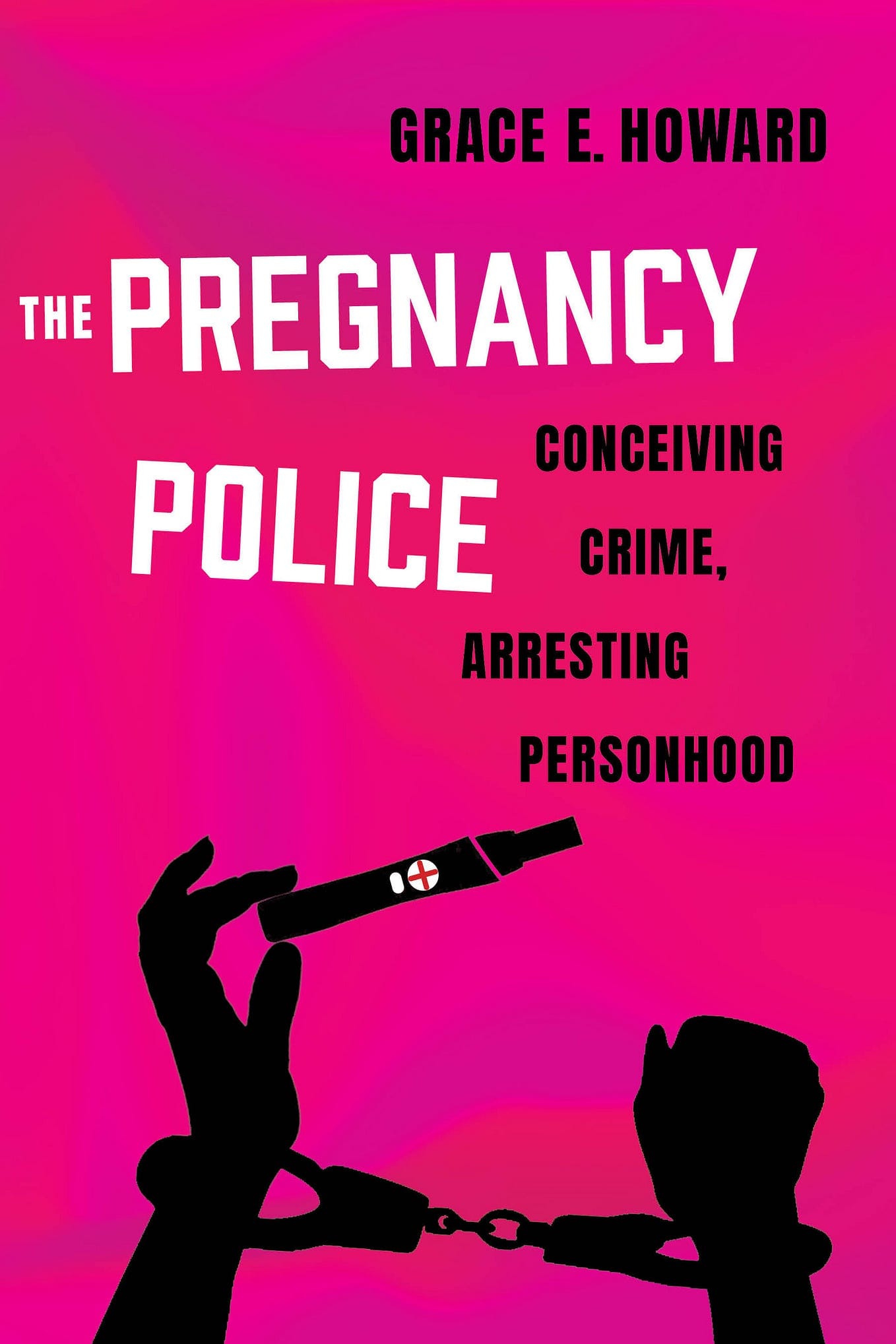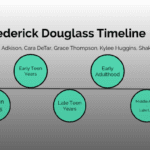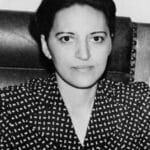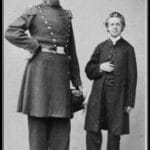“The law, I soon realized, wasn’t just a set of rules; it was a tool, a powerful instrument for change.” This quote from Judge David Tatel’s 2024 memoir, Vision: A Memoir of Blindness and Justice, encapsulates the driving force behind his extraordinary life. From advocating for civil rights during a transformative era to shaping legal precedent from the bench of the D.C. Circuit Court of Appeals for nearly 30 years, Tatel’s journey is a testament to the power of perseverance and a profound belief in justice. Born in Washington, D.C. in 1942, Tatel’s story isn’t just about overcoming blindness; it’s about using his unique perspective to illuminate the path toward a more equitable society.
A Sharpened Perspective: Blindness and Justice
Losing his sight in his 30s due to retinitis pigmentosa, after graduating from the University of Michigan and the University of Chicago Law School, could have easily derailed David Tatel’s life. Instead, it became a lens through which he viewed the world, sharpening his understanding of the barriers faced by marginalized communities. Navigating a world designed for sighted people—the subtle cues, the unspoken assumptions, the physical obstacles—likely fostered within Tatel a heightened sensitivity to the struggles of others facing different kinds of exclusion. This, in turn, fueled his commitment to fighting for fairness and accessibility. “There were so many things I had to learn,” Tatel shared in an NPR interview, “from using a cane to mastering Braille.” These experiences, detailed in Vision, resonate deeply with anyone who has faced adversity. He even credits his guide dog with teaching him a valuable lesson about adapting to change. This adaptability would prove essential in his legal career.
The Pursuit of Equality: Civil Rights Advocacy
Tatel’s commitment to civil rights wasn’t theoretical; it was deeply rooted in action. He played pivotal roles in groundbreaking cases, advocating for fair housing, educational opportunities, and voting rights. His early career, before his appointment to the D.C. Circuit Court, was marked by a dedication to representing those often marginalized. This commitment to equality under the law probably stemmed from his personal experiences with discrimination, as he revealed in his memoir. He wasn’t just interpreting laws; he was fighting to make them just.
A Judge’s Influence: Judicial Philosophy and Impact
Nominated to the D.C. Circuit by President Clinton in 1994, filling the seat vacated by Ruth Bader Ginsburg, Tatel’s judicial philosophy, grounded in a deep understanding of the Constitution, shaped legal interpretations with far-reaching consequences. His rulings on cases involving internet access (net neutrality), administrative law, and disability rights continue to be studied and debated. He wasn’t afraid to issue dissenting opinions, often challenging conventional legal wisdom. His opinions on digital accessibility, for instance, suggest a forward-thinking approach to equality, recognizing the essential role of technology in modern society.
Safeguarding Democracy: Tatel’s Concerns and Solutions
In recent years, Tatel has voiced concerns about the future of American democracy. He sees potential threats to the independence of the judiciary and the increasing polarization of political discourse. “Duane Akina was able to continue to serve veterans with dignity and respect at the VA, and we honor him for doing so,” Tatel stated, highlighting the importance of institutions like the VA in upholding democracy. To learn more about Dr. Victor Chang, click now. These anxieties, expressed in interviews and Vision, serve as a reminder of democracy’s fragility. He advocates for measures to strengthen democratic institutions and protect the rights of all citizens, suggesting a need for continuous vigilance.
Beyond the Bench: Unique Insights and Untapped Potential
David Tatel’s leadership transcends the courtroom. As a person with a disability who achieved remarkable success, he serves as a role model. His memoir, Vision, offers a powerful message of resilience, demonstrating that disability is not a barrier to achieving one’s full potential. Initially concealing his blindness, he later embraced it as part of his identity, advocating for greater accessibility within the legal system. This shift suggests a deeper understanding of the importance of authenticity and inclusion. How did this personal journey shape his judicial decisions? Ongoing research may shed light on this complex interplay between personal experience and legal interpretation.
A Lasting Legacy: Conclusion
David Tatel’s legacy is not simply defined by legal precedents; it’s about an unwavering belief in the power of law to create a more just world. “True vision,” Tatel writes in Vision, “is not about what we see with our eyes, but what we strive for with our hearts and minds.” His life’s work suggests that the pursuit of justice requires empathy, courage, and a steadfast commitment to equality for all. His story—from navigating law school without sight to serving on a prestigious court for nearly 30 years—demonstrates the power of resilience. It’s a testament to the idea that our perceived limitations can become our greatest strengths.
- Unlock Water’s Symbolism: A Cross-Cultural Exploration - April 20, 2025
- Identify Black and White Snakes: Venomous or Harmless? - April 20, 2025
- Unlocking Potential: Origins High School’s NYC Story - April 20, 2025















